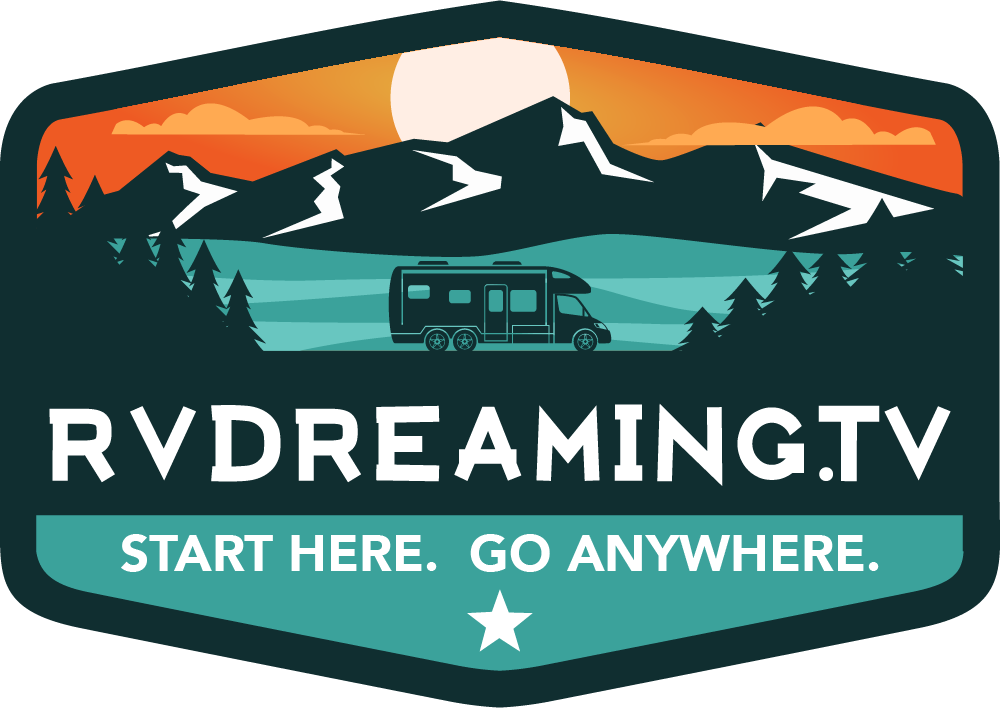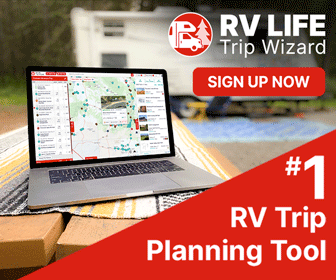
What is Boondocking?
Boondocking is a form of camping that takes place in a natural setting, usually on public land, without any amenities or hookups. It’s a way to get back to nature and experience the great outdoors in a more primitive and authentic way. This means that you’ll need to be independent and rely on your own resources, such as water, power, and food.
The Benefits of RV Boondocking
RV boondocking offers a number of benefits for those who enjoy outdoor adventures and a more rustic camping experience. One of the main benefits is the opportunity to camp in areas that may not have any developed campgrounds nearby.
This can be especially attractive for those who want to explore more remote or less visited areas. RV boondocking can also be a cheaper alternative to traditional campgrounds, as there are often no fees involved.
RV boondocking allows you to connect with nature in a deeper and more meaningful way, as you are completely surrounded in the natural surroundings.
Finding the Perfect Boondocking Spot
Finding the perfect boondocking spot can be a bit of a challenge. You will need a spot that is both safe and legal is the ultimate goal for a great boondocking trip.
There are many resources you can use to find spots. Check out online forums and websites, as well as maps and guide books. Apps like Campendium and Sekr also outline great boondocking locations.
Some things to consider when looking for a boondocking spot include the level of privacy, the proximity to water and other amenities, and the availability of shade or other natural features.
It’s also important to be mindful of the Leave No Trace principles. More on that later, but it is important to respect the land and leave it as you found it.
Essential RV Boondocking Gear and Supplies
Before you head out on your boondocking adventure, it’s important to make sure you have the necessary gear and supplies.
This includes things like a reliable RV, a good-quality solar panel or generator for power, and plenty of water and food.
You’ll also need to be prepared for any emergencies or unexpected circumstances. It’s a good idea to bring a first aid kit and other necessary supplies.
Other items you might consider include a portable toilet, a camp stove, cooking equipment, and a quality flashlight or lantern.
Setting Up Your RV Campsite
Setting up your RV campsite is an important part of the boondocking experience. You’ll need to choose a spot that is flat, dry, and well-drained.
Make sure to clear away any debris or obstacles that could be in the way.
You’ll want to set up your RV in a way that maximizes privacy and allows you to enjoy the natural environment.
This may involve things like balancing your RV and setting up your power and water systems. If you’re using a solar panel, be sure to place it in a location where it will get plenty of sunlight throughout the day.
Staying Self-Sufficient and Off the Grid
Staying self-sufficient and off the grid is one of the key aspects of RV boondocking.
This means taking care of your own needs and not relying on any external resources or utilities. This can be challenging at times, but it’s also part of the appeal of RV boondocking.
With careful planning and some creativity, you can live comfortably in a natural setting without any modern conveniences.
Boondocking may require adjustments to your daily routine.
Using solar power to charge your devices or to collect rainwater for drinking and cooking. It may also involve some creative problem-solving, such as finding ways to stay warm or cool in extreme weather conditions.
The Leave No Trace Principles
The Leave No Trace principles are a set of guidelines designed to help people enjoy the outdoors while minimizing their impact on the environment.
These principles include respecting wildlife, leaving the area as you found it, and minimizing your use of natural resources.
Adhering to the Leave No Trace principles is an important part of responsible RV boondocking. It helps to preserve the beauty and integrity of the natural areas we enjoy.
This means taking care not to damage or disturb the natural surroundings, such as by littering or cutting down trees. It also means minimizing your impact on the land by using resources wisely and conserving water and energy.
Tips for a Successful RV Boondocking Trip
There are a few key tips that can help ensure a successful RV boondocking trip. One of the most important is to be prepared and do your research before you go. Make sure you have all the gear and supplies, a good understanding of the area you’ll be camping in.
It’s also a good idea to be flexible and open to new experiences. RV boondocking often involves a bit of adventure and uncertainty.
Remember to respect the land and the natural surroundings. Be mindful of your impact on the environment, and be prepared for any emergencies or unforeseen circumstances.
This may involve bringing a satellite phone or other communication device. Have a well-stocked first aid kit and other essential supplies.
It’s also a good idea to be mindful of your personal safety and the safety of those around you. Be aware of any potential hazards or wild animals in the area.
Popular RV Boondocking Destinations
There are many popular RV boondocking destinations around the world. Most popular are the deserts of the Southwest United States and the forests of Canada and the mountains of Europe.
Other popular RV boondocking destinations include national forests, Bureau of Land Management (BLM) land, and state parks.
Many of these areas offer free or low-cost camping options, as well as beautiful natural surroundings and plenty of outdoor recreational opportunities.
Some other popular RV boondocking destinations around the world include national parks, wilderness areas, and remote beaches.
The Future of RV Boondocking
As more and more people discover the joys of boondocking, it’s likely that this form of camping will continue to grow in popularity.
With the increasing popularity of outdoor recreation and the desire for more affordable and authentic travel experiences, it’s likely that more and more people will turn to RV boondocking as a way to explore the great outdoors.
In the future, it’s possible that we may see more resources and services developed to support RV boondocking, such as dedicated boondocking campsites or apps that help people find and book boondocking spots.
Regardless of what the future holds, one thing is certain: RV boondocking is a timeless and enduring way to connect with nature and experience the great outdoors. So, it is a great way to spend your vacation.
Watch Our Video
Want to know more about boondocking? Check out “Introduction To Boondocking” on RVDreaming’s YouTube Channel
RVDreaming.tv

















Trackbacks/Pingbacks